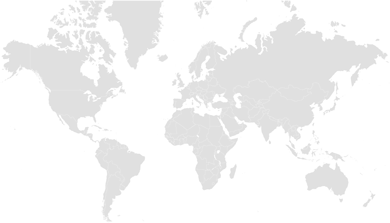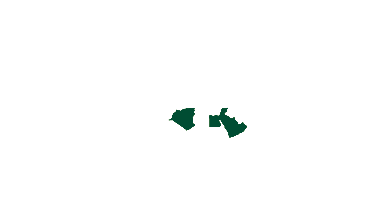Case study
2024 • Municipality of Casablanca; Averda; Geocycle Morocco Casablanca – Enhancing resource recovery through public-private partnerships
Casablanca, Morocco’s economic hub, generates 1.46 million tonnes of waste annually. With limited recycling and high landfill dependency, the city is taking steps to modernize its waste management system, focusing on resource recovery. Partnerships with private companies like Geocycle have introduced innovative approaches such as the production of solid recovered fuel (SRF) from waste, while public policies aim to integrate waste pickers into formal systems. These efforts align with national goals for improved recycling rates, green job creation, and sustainable urban development.
Recovered Materials & Products
Energy
Solid fuel
Materials
Waste Streams
Organic solid waste
Solid waste
Confirmed countries
Australia


Background and Context
Location: Casablanca, Morocco
Resource Stream: Municipal solid waste (MSW), organic waste, and industrial waste
Challenges: Casablanca faces significant challenges, including over-reliance on landfills, insufficient recycling facilities, and unregulated dumping. The city has limited infrastructure for material recovery and struggles with informal waste management practices, including waste picking by vulnerable groups.
Technologies/Methods Used
Casablanca employs a range of innovative technologies and approaches:
- Solid Recovered Fuel (SRF): Geocycle processes municipal and industrial waste into SRF, which serves as a sustainable alternative to fossil fuels for energy-intensive industries.
- Grinding and Bio-Drying Systems: These technologies enhance landfill efficiency by extending lifespans and reducing environmental impact.
- Integrated Sorting Centers: Under Casa Baia, centralized facilities for waste sorting and material recovery are being developed to improve recycling rates.
- Digital Waste Tracking: Plans to implement digital systems for waste monitoring and collection optimization.
Implementation Steps
- Land Allocation: The municipality dedicated 260 hectares for waste treatment plants and sorting centers, with a $396 million budget for infrastructure development.
- Private Sector Collaboration: Geocycle and Averda have been instrumental in waste pre-treatment and collection, integrating modern practices into the city's waste management system.
- Policy and Frameworks: National initiatives, such as the Coalition for Waste Valorization (COVAD), support public-private cooperation in waste management and circular economy promotion.
- Community Engagement: Efforts to formalize and include waste pickers have improved livelihoods while enhancing waste recovery practices.
Outcomes and Impacts
Casablanca’s initiatives have resulted in both quantitative and qualitative impacts:
- Environmental Gains: The production of SRF and other recycling initiatives have reduced landfill waste, limiting soil and groundwater pollution. Bio-drying systems have improved landfill efficiency, extending their operational lifespan.
- Economic Benefits: The integration of private companies has boosted investments in waste management, while green job opportunities have expanded through formalizing waste picker activities.
- Social Impact: The inclusion of informal waste workers has improved working conditions, providing stability and recognition for vulnerable groups.
Lessons Learned
Casablanca’s experience demonstrates the critical role of public-private partnerships in addressing urban waste challenges. Innovative technologies like SRF and centralized sorting centers show significant potential for scalability. However, achieving higher recycling rates requires greater investment in infrastructure and community engagement. The focus on integrating informal workers has highlighted the social benefits of inclusive waste management policies.
Learn more
This case study is extracted from the publication linked below: "Harnessing the Role of Private Sector in Waste Management through South-South and Triangular Cooperation for Inclusive Urbanization, UNDP (2023)"
https://www.undp.org/policy-centre/istanbul/publications/harnessing-role-private-sector-waste-management-through-south-south-and-triangular-cooperation-inclusive
Technologies
Drying
Themes
Public-private partnerships